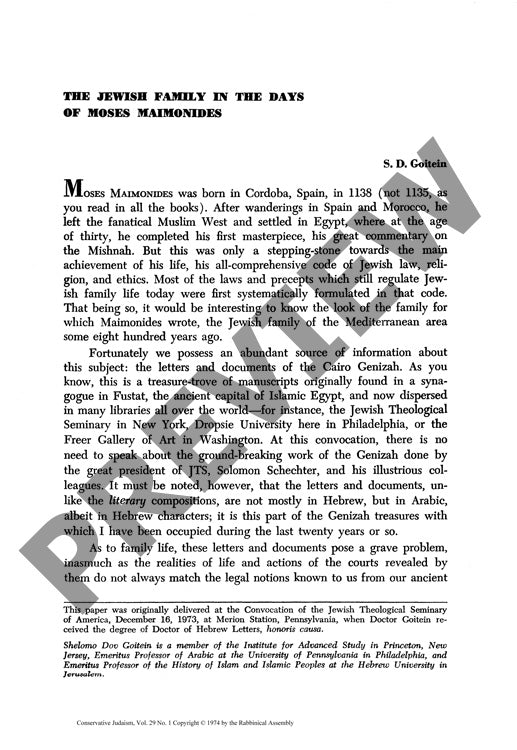The Jewish Family in the Days of Moses M
Couldn't load pickup availability
Jewish family life in twelfth-century Mediterranean communities reveals a striking paradox: while religious education fostered family cohesion, economic and social forces were reshaping traditional household structures. Analysis of Cairo Genizah documents, particularly letters and legal records written in Judeo-Arabic, uncovers family dynamics that often diverged from formal religious literature of the Maimonidean period. Blood ties dominated over marital bonds, with paternal lineage superseding nuclear family units. Marriage proved surprisingly unstable, with frequent divorces stemming from economic pressures and evolving attitudes toward women's autonomy. Marriage contracts and court records demonstrate women's growing financial independence and persistent pursuit of property rights. Brother-sister relationships emerged as uniquely powerful and enduring, reinforced through prevalent first-cousin marriages that served as social safeguards. Traditional patrilocal marriage patterns faced mounting pressure from economic changes that enabled separate household formation. The documents reveal how religious values, rather than ethnic factors, sustained family bonds through systems of moral obligation and mutual responsibility, even as social practices adapted to urban Mediterranean life.

More Information
-
Physical Description
-
Publication Information
Published 1974
ISBN
-
Publication Credits
S. Goiten

